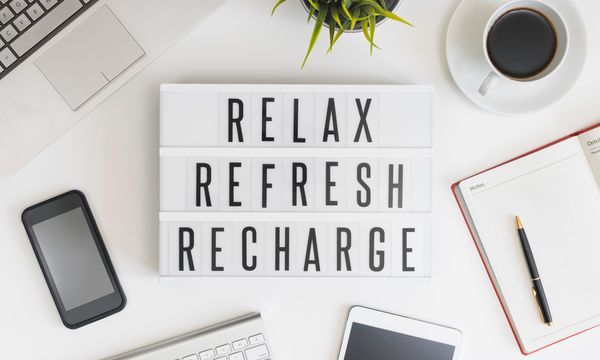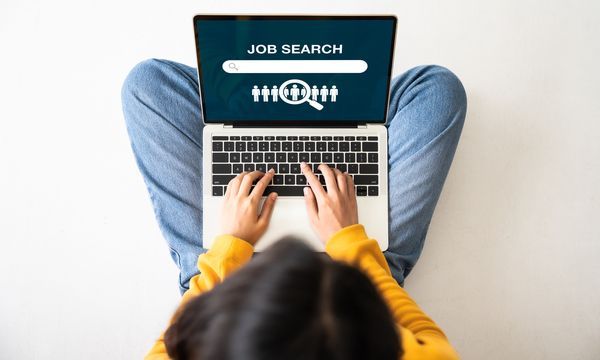I have conducted many interviews during my 18 years in the Recruitment industry, and like you, I have been on the other side of the fence a few times too. There is no doubt about it – attending a job interview can be a daunting prospect, even for many experienced and exceptional business professionals.
In my experience, there are four things you can do to quickly ease the nerves and ensure you’re putting your best foot forward on the day of your interview. While they may seem simple, I can’t stress enough the importance of these four P’s:
Plan – for enough time to get there, have directions and remember the name of the person you will be meeting with.
Prepare – the more you know about yourself and the skills you possess, the more confident you will feel. The more you know about your prospective employer, the more knowledgeable you will appear.
Practice – your responses to interview questions. This will enable you to be confident and clear in your answers.
Presentation – first impressions are often the strongest. Walk with confidence, shake hands firmly with eye contact and smile. Vitality, enthusiasm, manners and style will foster a positive impression.
Now that you’ve jotted down the four P’s to keep them top of mind, it’s time to start thinking about how you can apply these to your situation. To help you do this, I’ve prepared my top five interview tips to help you plan and prepare for interview success – its then over to you to practice your responses and to look the part on the day.
Interview Success Tip #1: Research!
Take the time to find out about the company’s history, performance and organisational structure. You will almost certainly be asked why you want to work there or what you know about the company. Find out as much as you can about the company’s market, their product, how they operate. If possible it is also useful to find out a little about the background of the interviewer and how they fit into the company structure – Linkedin is a great tool you can use to do this. If you can use or demonstrate your knowledge to the interviewer, it shows a genuine desire to work for that company specifically.
Interview Success Tip #1: Research!
Take the time to find out about the company’s history, performance and organisational structure. You will almost certainly be asked why you want to work there or what you know about the company. Find out as much as you can about the company’s market, their product, how they operate. If possible it is also useful to find out a little about the background of the interviewer and how they fit into the company structure – Linkedin is a great tool you can use to do this. If you can use or demonstrate your knowledge to the interviewer, it shows a genuine desire to work for that company specifically.
Interview Success Tip #2: Self Assessment
The interviewer will want to know what sort of person you are in terms of your values, attitudes, skills and abilities. A review of these characteristics before the interview will help you answer any questions and relate these to your work practices and business ethics. It will also enable you to formulate the right questions to ask about the position and the workplace. The process of thinking about and writing down your achievements will enable speedier memory access during questioning. When you talk about your achievements, ensure you keep to the facts and include key statistics where possible.
Interview Success Tip #3: Behavioural Interviews
Behavioural interviews work on the premise that your past performance is the best indication of future actions. In other words, if your prospective employers can determine your behaviour to past experiences and situations they will be able to predict your reaction to similar circumstances in the future.
The best preparation for a behavioural based interview is to identify four or five examples of past behaviours that demonstrate your ability to add value and tackle difficult situations. Never rehearse your answers too rigidly, always be prepared for further questioning and be ready to expand on your answers.
Interview Success Tip #4: Situational Interviews
Situational interviews are similar to behavioural interviews, but with the emphasis on hypothetical questions rather than actual life experiences. Questions tend to be based on quantifiable skills identified as necessary to perform the role, rather than past behaviour. The best way to prepare for this type of interview is to closely study the job specifications and to match your relevant skills to the main points, as questions will tend to focus on these areas.
Interview Success Tip #5: Unstructured Interviews
This style of interview will appear more informal and conversational, and the information will be gained from discussion. It will be necessary to be proactive and carry the conversation where necessary in order to demonstrate your ability to think and act promptly and appropriately. Although this style of interview will appear more casual, be aware that your answers will be closely monitored in order to determine your genuine skills, personality and cultural fit.
If you have something to say about this topic, please submit your comments below or contact the author at TaniaSinibaldi.blog@chandlermacleod.com.
To connect with Tania on Linkedin, click here.

Advice
Temp Hub
Our Specialties
About us
More from us









